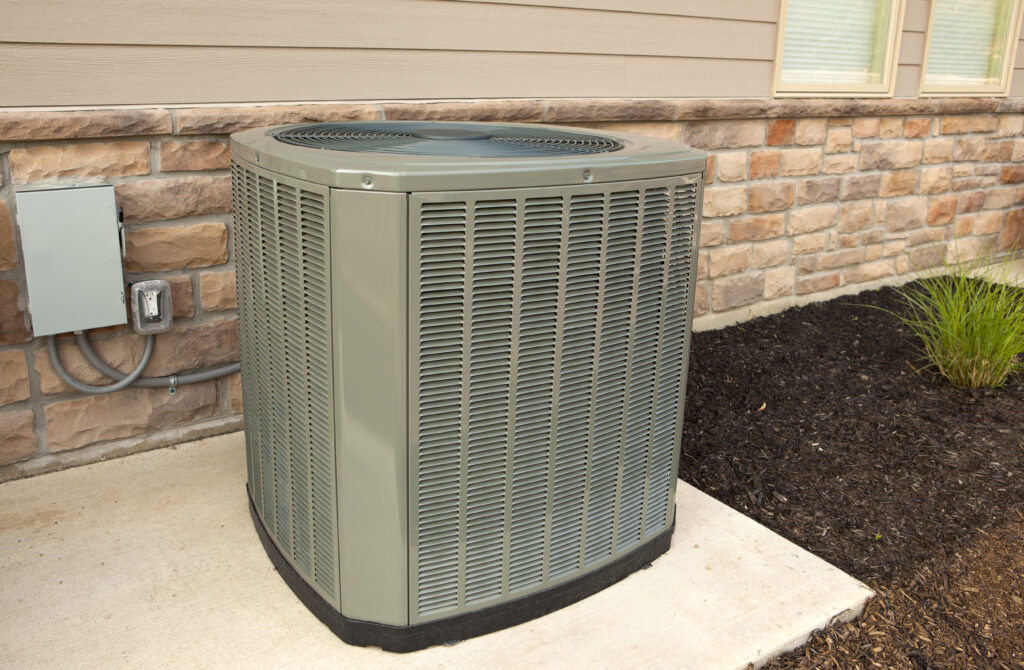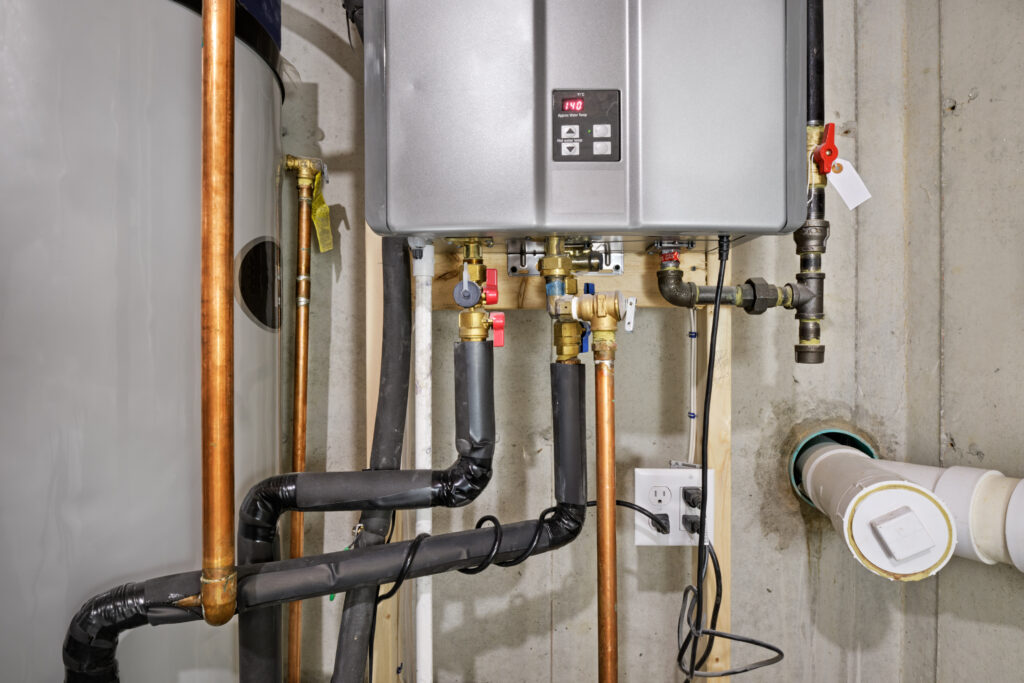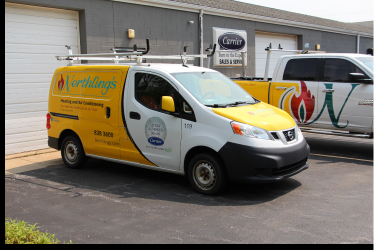Heating costs tend to sneak up on you in colder months, especially when outdated equipment powers your system. If you’re comparing oil heat with a heat pump, the numbers alone don’t always give you the whole picture. Nerthlings in Erie, PA, helps families adjust with useful insights and system updates. These updates reflect how people actually use their systems. Before you make a switch, you should understand what each option delivers.

How Your Current System Impacts Real Costs
If you’ve been heating with oil for years, you’ve gotten used to the routine. You watch fuel prices spike during a cold snap. You call in a refill when the tank starts getting low. You hope your boiler keeps up when the temperature drops again. That rhythm might feel familiar, but it often masks hidden costs. Oil furnaces lose efficiency with age, and if your system hasn’t had regular maintenance, you’re spending more than you think.
Older systems tend to run longer, burn more fuel, and provide uneven heat. You can crank the thermostat higher to feel comfortable. With a heat pump, you break that cycle. The efficiency doesn’t come from burning fuel hotter. It comes from how it moves heat around instead of generating it from combustion. The upfront savings might not jump out at you, but the way each system regulates heat distribution adds up fast on monthly bills.
Installation Costs and Upgrade Timing
An oil system already in place might look like the cheaper route, especially if you’re not facing any major repairs yet. That can make it tempting to delay the switch to something newer. But when you run the numbers, repairs and fuel alone often tip the scales toward replacement. Heat pumps do cost more upfront, especially if your home needs electrical updates or added ductwork.
Still, many homeowners offset those expenses through rebates, tax credits, or utility incentives. The installation process lets you tackle insulation or airflow issues. These problems may be increasing your bills, no matter what heating source you use. Upgrading alongside improvements can boost your investment’s value. This also helps reduce long-term heating costs by a large amount.
Maintenance and Long-Term Reliability
Oil heating systems need more than the occasional tune-up. Technicians need to check tanks for leaks. Lines and burners need cleaning. Soot buildup can lead to efficiency loss, and if a part fails in the middle of winter, service calls can become very expensive. Regular maintenance is essential for oil systems to function without trouble and to meet ideal output.
Heat pumps have fewer moving parts and don’t rely on combustion. That translates to simpler maintenance schedules and fewer unexpected repairs. You’ll still need a technician to check them every year. Most inspections focus on cleaning and checking the condition of the unit. Over a decade, the difference in repair and maintenance costs can be considerable. That’s not about money, either. Fewer disruptions mean less stress on you during winter when you need heat the most.
Comfort Levels and Air Distribution
An oil furnace emits hot air in brief bursts. That causes temperature swings and sometimes leads to dry indoor air. Rooms might feel too warm one moment, too cool the next. With a heat pump, the heating tends to be more continuous and even. Instead of sudden temperature jumps, you get a steady, gentle rise. That can feel more comfortable, especially in rooms that used to run hot or cold depending on their location.
Some heat pumps also come with variable-speed fans and zoning options that let you fine-tune comfort throughout the home. That control matters, especially when family members like different temperatures. It also helps to avoid heating empty rooms. With more power and smoother delivery, a heat pump system often improves not only costs but also day-to-day comfort.
Take Control of Your Home With New Heating Options
Choosing between oil and a heat pump isn’t about today’s heating bill. It’s about how your system performs year-round, how it handles your home’s demands, and how you feel when the next utility bill arrives. If you’re considering a switch, this moment is ideal for examining your setup in detail. Nerthlings offers heating system inspections, energy assessments, and heating upgrades that make a real impact. Start your heating upgrade with Nerthlings and take control of your comfort for the seasons ahead.







